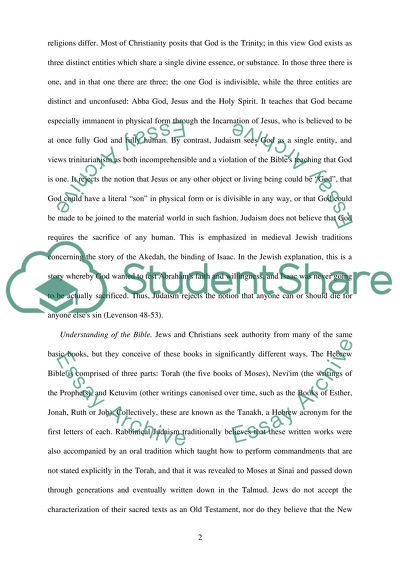Cite this document
(“Eschatological views of Judaism and Christianity Essay”, n.d.)
Retrieved from https://studentshare.org/miscellaneous/1524848-eschatological-views-of-judaism-and-christianity
Retrieved from https://studentshare.org/miscellaneous/1524848-eschatological-views-of-judaism-and-christianity
(Eschatological Views of Judaism and Christianity Essay)
https://studentshare.org/miscellaneous/1524848-eschatological-views-of-judaism-and-christianity.
https://studentshare.org/miscellaneous/1524848-eschatological-views-of-judaism-and-christianity.
“Eschatological Views of Judaism and Christianity Essay”, n.d. https://studentshare.org/miscellaneous/1524848-eschatological-views-of-judaism-and-christianity.


